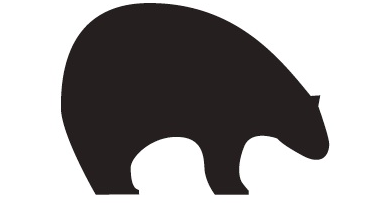Why work with Makwa ?
Because @ Makwa we think out of the box, our strategies have no boundaries while being always aware of their limits; we earn loyalty over time with success; while working hard to never miss an opportunity because of its difficult implementation.
Because Makwa works from the customer’s trenches to jointly define, develop, initiate and control the critical steps of the strategy. Makwa helps corporations make sound business decisions and then escort the management in the implementation while measuring the results; hence our approach continuously molds and monitors the values @ work balancing the efforts to achieve tangible results while heading towards a common LT vision.
Because Makwa harmonizes the preparation of change with change itself. The process can best be likened to undergoing surgery and post-operative physiotherapy at the same time: preparation and “ways and means” are consolidated into one seamless process. It’s this integrated approach that leads to success — assignments are carried out, from the inside, while managing long-term processes to make lasting changes. Please download our PPT.
... (we) don't speak because (we) have the power to speak; (we) speak because (we) don't have the power to remain silent" – (from Rabbi A.Y. Kook)
Why the name ?
The name Makwa derives from the Algonquinian Ojibwa North American people language /ma(k)kwa/ “bear”, (with the /x/to be pronounced like the “ch” of German <Bach> or in Scottish <loch>”lake”). For Makwa founder David Vita, the name has personal associations as he was the founding director of the Massachusetts State representation office in Israel (Massachusetts Indians spoke Algonquin), moreover his strong analytical approach, can best be characterized as “bearish”. While traditionally, “bears” are viewed as being somewhat pessimistic (expecting securities or markets to fall), the Makwa organization can better be viewed as an organization that is solid, cautious, and looks at all times to optimize growth to provide a maximization of the shareholders wealth. “When a pine needle falls in the forest, the eagle sees it; the deer hears it, and the bear smells it.” – old First Nations saying.
